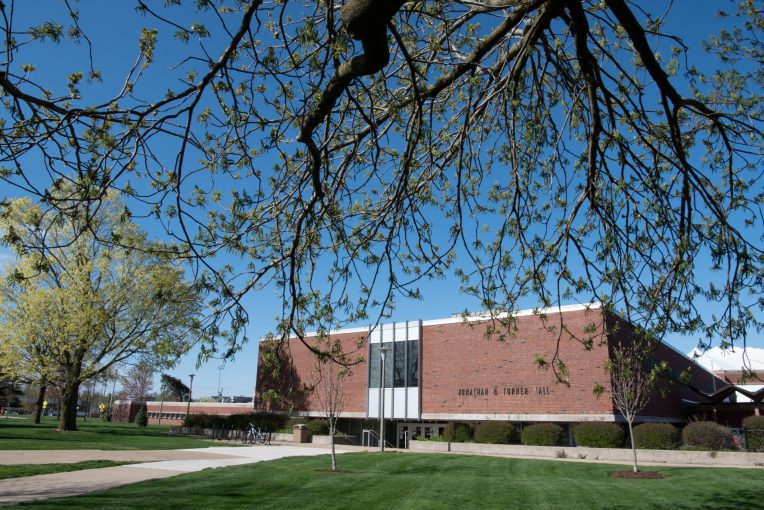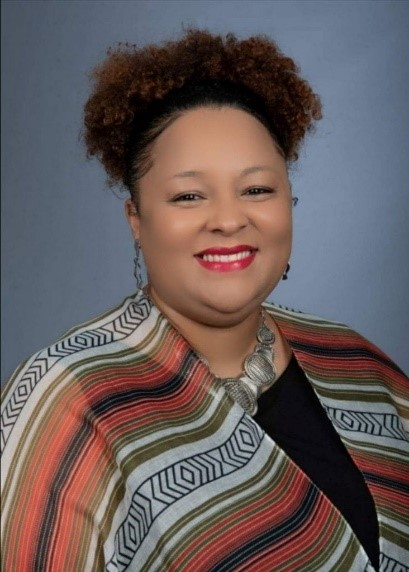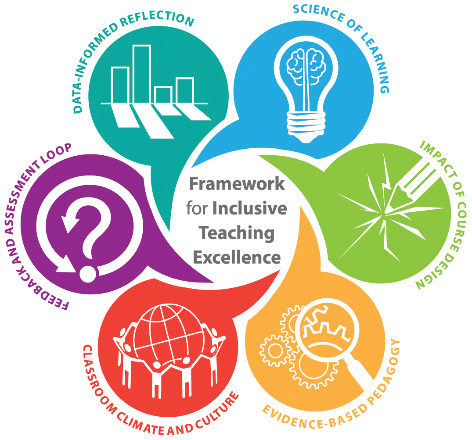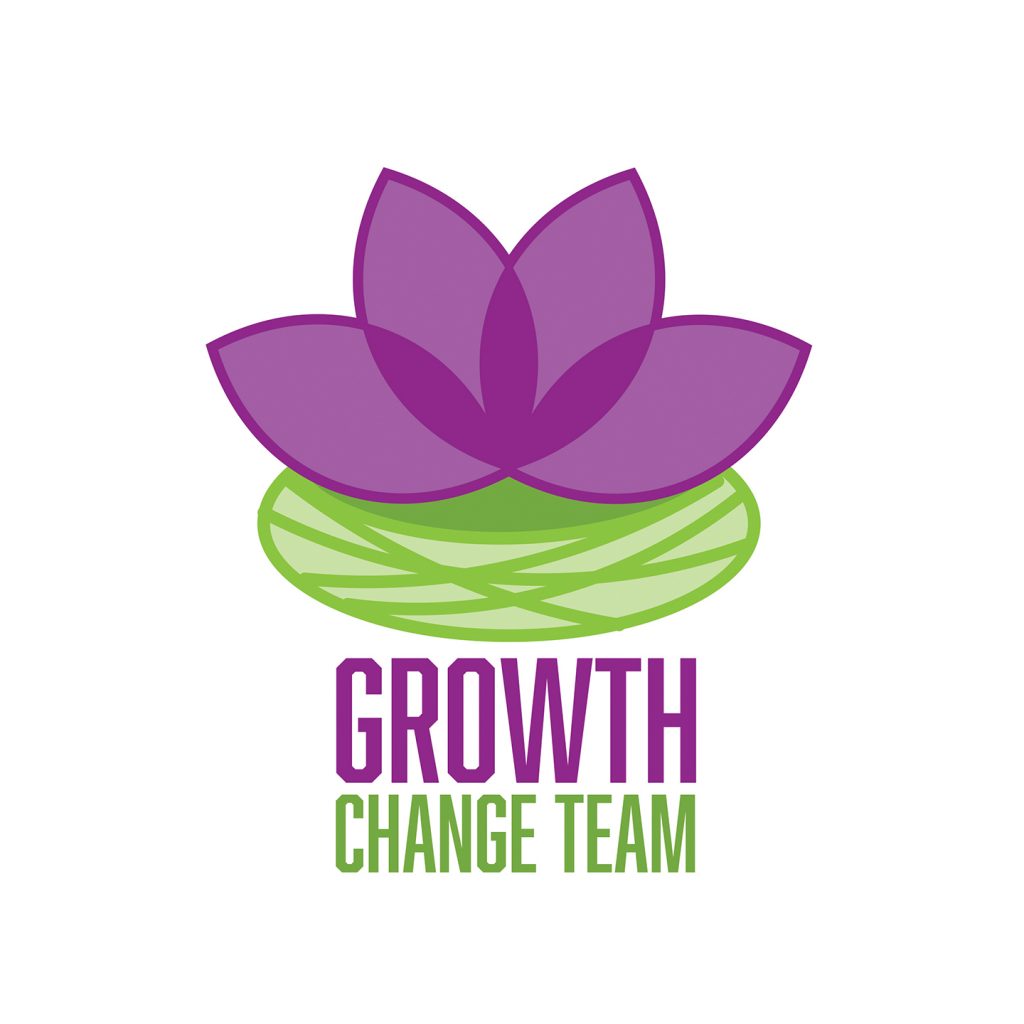Committee established
CAST Dean Dr. Todd McLoda announced the establishment of a college-level diversity, equity, belonging, and inclusion (DEBI) committee in the fall of 2021. Members include faculty and staff representatives from all college schools and departments. The committee’s charge is to monitor existing and future DEBI initiatives and advance an anti-racist culture in CAST. Committee members, appointed by their department chairs or school directors, will serve a two-year term. The new committee has several goals including fostering a community of practice dedicated to diversity, equity, belonging, and inclusion; and assisting the dean in promoting and implementing the college’s diversity, equity, belonging, and inclusion goals.
Grant opportunities
In addition, the committee will make funding recommendations for the college’s new CAST grants for DEBI. These grants will support innovative projects that promote and enhance diversity and inclusivity in the college and university. They are open to all faculty, staff, and students of CAST for up to $5,000 in funding.
The grants were created to fund projects that increase belonging in marginalized and historically underrepresented groups, foster an appreciation for inclusivity, or inform the CAST community on issues of social justice, diversity, and intercultural communication.
For example, faculty and staff may apply for CAST grants for innovation in DEBI to establish a reading group to explore equity issues in their discipline; to create resources that expand access, support, or inclusion for under-represented groups in their major; or to start a research or teaching project dedicated to promoting greater inclusion. We are excited to report that the first round of grants will be in action this spring semester.
The establishment of a college level DEBI committee and the creation of CAST grants for innovation in DEBI are recent advancements in the college’s commitment to a culture of diversity, equity, belonging, and inclusion for all students, faculty, and staff.
Since the fall of 2016, CAST has sponsored annual DEBI professional development events in response to an increasingly diverse student body. By supporting faculty who support students, CAST has enhanced its professional development opportunities geared toward identifying implicit biases and challenging institutional structures and practices that perpetuate the systematic exclusion of people of color.
Dr. Andrew Eberline, assistant professor in the School of Kinesiology and Recreation (KNR), discussed the importance of the professional development opportunities to his work with ISU students.
“CAST professional development opportunities have enhanced my teaching and overall perspectives in working with our ISU students,” Eberline said. “Key takeaways for my teaching include intentionally representing individuals of all backgrounds in my materials, as well as providing students helpful resources and support structures to set them up for a successful return to campus.”
The commitment of CAST faculty and staff to building an equitable and inclusive community is evident in their participation and dedication to building a welcoming environment for all students. Dr. Tracy Mainieri, an associate KNR professor shared how a recent session enhanced her teaching methods.
“This session gave me the confidence and tools to take a critical eye to my syllabus, assignments, readings, and in-class activities to examine whose voices I’ve centered in the past and how I can amplify diverse voices and perspectives moving forward,” Mainieri said. “In particular, I’ve done some extensive research to identify new readings for my grad leadership class that ensure that I am not centering white, straight, male voices. The course will be stronger because of this work.”
2021-2022 Professional Development Opportunities
CAST began this academic year’s professional development opportunities during the fall semester with several sessions led by Angell Howard ’10, M.S. ’13. She is the associate director for professional development and staff recognition from the Office of the Vice President for Student Affairs.
Howard is a dynamic and passionate presenter. CAST is excited to provide faculty and staff the opportunity to learn from her expertise. She is leading a lineup of workshops, discussions, and panel presentations geared toward facilitating tough conversations in the classroom, strategies to decolonize course materials, as well as how to advance anti-racism practices through commitment—change—sustainability in and out of CAST classrooms and labs.
The CAST DEBI committee will also play an important role in enhancing and informing future professional development offerings for all learners within CAST in collaboration with the university’s GROWTH initiatives and based on the Framework for Inclusive Teaching Excellence (FITE). CAST worked this summer with the University’s Growth Leadership Team
consisting of:
Dr. Rebekka Darner from the Center for Mathematics, Science, and Technology (CeMaST);
Dr. Jennifer Friberg, from the Center for Teaching, Learning, and Technology (CTLT);
Dr. Gina Hunter from the Office of Student Research;
advisors from the Office of the Cross Endowed Chair in the Scholarship of Teaching and Learning (STLT);
University Assessment Services staff; and the
Center for Service Learning and Community Engagement team.
Faculty and student feedback on professional development opportunities in the college were reviewed, ideas for new opportunities were brainstormed, and planning for the upcoming academic year continued.
Based on feedback, participants may notice a few changes to CAST professional development opportunities this year. First, a variety of workshops and sessions will allow faculty and staff to choose growth opportunities that meet their needs and improve their understanding of DEI.
In addition, the professional development sessions will be more interactive, giving faculty and staff an opportunity to try out and practice what they learn. For example, in the workshop titled “Facilitating Dialogue on Controversial Issues—Experiential Learning Session,” faculty and staff will practice turning challenging conversations into opportunities to connect and understand others’ experiences. This practice session grew out of the Courageous Conversations Program started in 2019 by CAST Dean Dr. Todd McLoda and the College of Arts and Sciences Dean Dr. Diane Zosky to lead interested faculty and staff through scenarios to prepare them to have courageous conversations.
“I learned that students might come from various backgrounds which influence their views and perspectives on certain social issues,” said Family and Consumer Sciences Assistant Professor Dr. Chang Su-Russell.
“As an instructor, my personal social location and experiences may help facilitate challenging conversations, but I should also be cognizant of the limitations that might constrain me from seeing the big picture comprehensively. When I design lectures and assignments, I make sure that students feel truly respected when they express their thoughts and perspectives as long as they are grounded in evidence and observations, even if they are different from my own.”
There are several additional workshops planned throughout the academic year to provide faculty and staff with a variety of opportunities to inform their learning practices, with the goal of working to promote a positive learning environment.
For example, CAST is hosting a two-part workshop on de-colonizing classrooms and course material. In the first workshop, participants will learn about how stereotypes, prejudices, and deficit views about non-white people and cultures impact teaching practices and course materials.
In the follow up workshop, faculty and staff review, share, and collectively brainstorm ways to revise their course materials and classroom practices to ensure that diverse voices are represented. Finally, CAST will offer the workshop “Becoming an anti-racist educator: Commitment—Change—Sustainability,” which will culminate with a personal, sustainable, and actionable anti-racism plan.
CAST’s commitment to diversity, equity, belonging, and inclusion is outlined in the CAST Strategic Plan and supports Illinois State’s shared vision for a culture of diversity, inclusion, and equity for all students, faculty, and staff.
The establishment of a college-level DEBI committee and the creation of the CAST grant for innovation in DEBI will support the ongoing progress of advancing equity and inclusion in the college.




